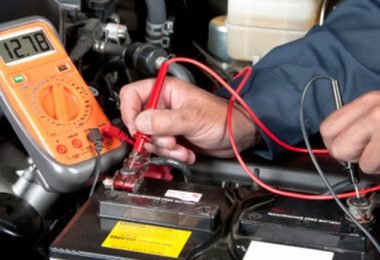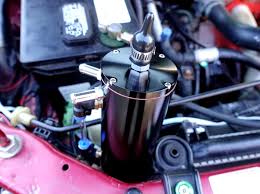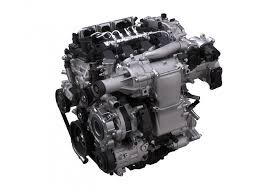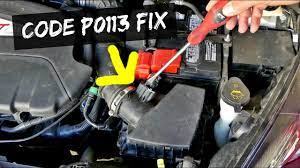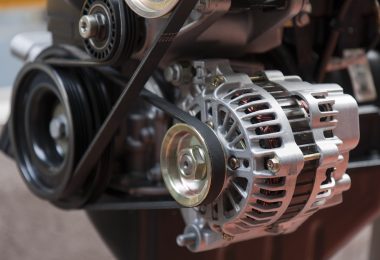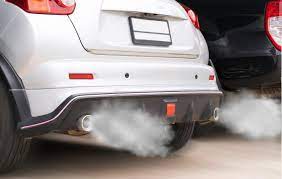8 Symptoms of bad catalytic converter that are so important we know. We shall be looking into some bad symptoms of catalytic converter. Some of these symptoms come in different ways. Here are the major symptoms of a bad catalytic converter.
1. Catalytic Converter Light would be on (Dashboard)
If your vehicle’s catalytic converter is bad, the “Check Engine Light” will illuminate on the dashboard. Modern vehicles contain air fuel/oxygen ratio sensors which are able to monitor the catalytic converter’s efficiency by checking the exhaust’s gas levels. If these sensors detect the exhaust gases are not being catalyzed properly for whatever reason, the “Check Engine Light” will come on. The driver will then know something is wrong, although they won’t know exactly what the problem is because the can mean a lot of different things. The best thing to do is retrieve the trouble codes from the vehicle by scanning it for them. This will let you know exactly what the issue is for further action.
2. Misfiring
Misfiring can cause the catalytic converter to overheat. Alternatively, an exceptionally rich fuel mixture will exhibit similar symptoms. When there is a presence of an extra rich fuel mixture, raw fuel enters the catalytic converter and is ignited. The catalyst components can melt under such conditions.
3. Reduced Performance
If exhaust becomes trapped in front of the catalytic converter, there will be a latent reduction in performance. This is created by back pressure, which affects the running of your engine and stops it from breathing. The sudden increase in back pressure can cause your engine to stall during your drive. It will act as though there is an air lock in your system, making the car jerk or feel like there is no fuel reaching the engine when you push the accelerator.
4. Low Fuel Economy
A failing converter can cause a noticeable decrease in your fuel economy, which will cost you significantly over a very short period of time.
5. Low Performance of the Exhaust System
The cause of a failing catalytic converter can sometimes be traced back to an error in the fuel system. A distinctive sign of this is a restriction in the performance of the exhaust system, indicative of the melting of catalyst materials inside.
6. Unusual Odors from the Exhaust
If strange odors are coming from your exhaust, this could mean you have a bad catalytic converter. The odor will likely be strong and consistent, which means you have a faulty catalytic converter that is probably overflowing with fuel. At this point, you should have your catalytic converter examined right away because excessive amounts of gases and heat are going to be created from this. Then, your car will not be safe for driving. Usually, these odors will come up after your vehicle loses acceleration and power. If these symptoms occur simultaneously, then it is definitely the catalytic converter at fault.
7. Rattling Noise
A bad catalytic converter could create a rattling noise, especially if the converter is internally damaged or just old. Often times, years of fuel mixing will cause the honeycomb meshes of the converter’s interior to break apart, which is why the rattling noise occurs. You’ll hear the noise when you start the car, but then the rattling will get louder as you continue to drive your car.
8. Emissions Increase
The catalytic converter may not perform properly if its internal chemical mechanisms are contaminated with substances like antifreeze or motor oil. If something like this occurs, the carbon emission levels of your exhaust will be a lot higher. This will require you to replace the catalytic converter and then repair the main area where the problem started. If you don’t fix this source, your whole exhaust system will get damaged and then emit large amounts of emissions that will rise into the atmosphere. There are laws against emitting too many emissions, so you could get in legal trouble if you let this problem continue.


